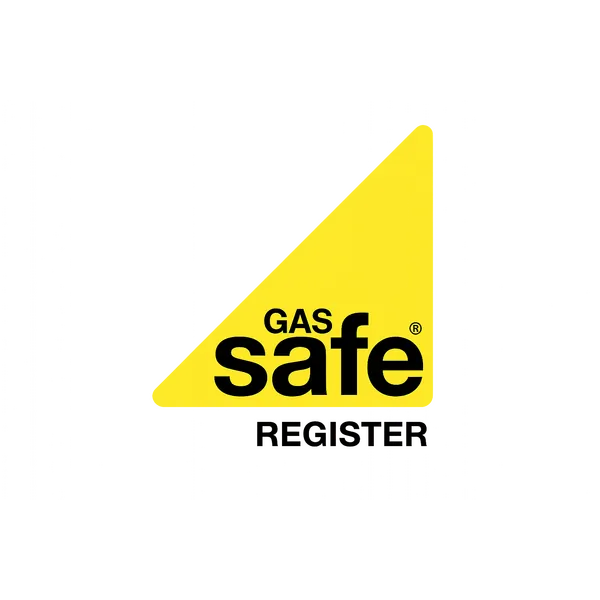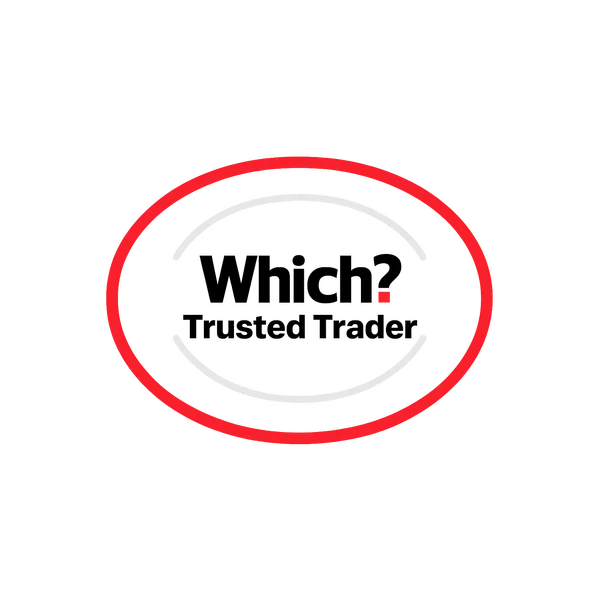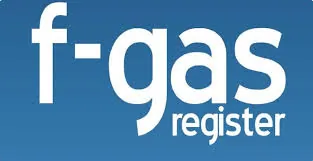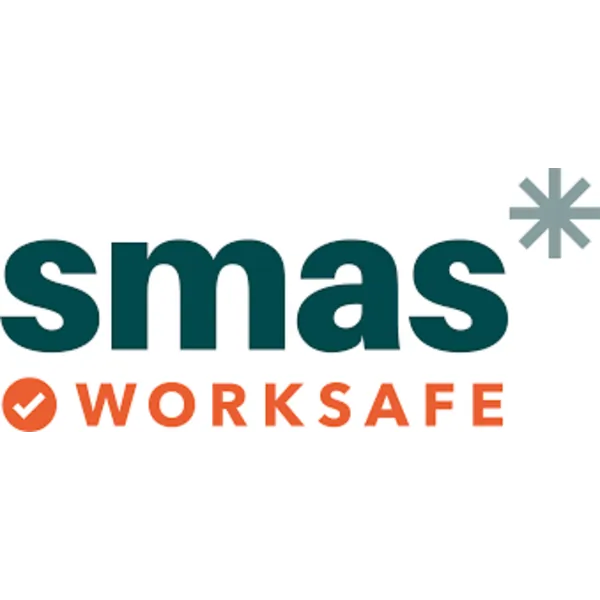Boiler Upgrade Scheme: Your Questions Answered
As the UK continues its journey toward net-zero carbon emissions by 2050, the government has introduced several initiatives to help homeowners make the switch to renewable heating systems. One of the most significant programmes is the Boiler Upgrade Scheme (BUS), which offers substantial grants to support the installation of heat pumps and biomass boilers. In this comprehensive guide, we answer all your questions about the BUS grant, eligibility criteria, application process, and how CRG Direct can handle the entire process for you.
What is the Boiler Upgrade Scheme?
The Boiler Upgrade Scheme is a government-funded programme designed to accelerate the adoption of low-carbon heating systems in homes across England and Wales. Launched in April 2022, the scheme provides financial incentives to property owners who replace their fossil fuel heating systems with renewable alternatives like air source heat pumps, ground source heat pumps, or biomass boilers.
Key Objectives of the BUS
- Reduce carbon emissions by replacing gas and oil boilers with renewable heating systems
- Lower energy bills for homeowners through more efficient heating technology
- Support the UK's net-zero targets by encouraging widespread adoption of heat pumps
- Stimulate the green economy by creating demand for renewable heating installers
£7,500 Grant for Heat Pumps: What You Need to Know
The headline figure that captures most homeowners' attention is the £7,500 grant available for air source and ground source heat pumps. This represents a significant increase from the original £5,000 grant, making heat pumps much more affordable for the average household.
Grant Amounts Available
- Air Source Heat Pumps: £7,500 grant
- Ground Source Heat Pumps: £7,500 grant
- Biomass Boilers: £5,000 grant (in certain circumstances)
This grant is paid directly to your installer, who then deducts the amount from your final invoice. For example, if your heat pump installation costs £12,000, you would only pay £4,500 out of pocket after the £7,500 grant is applied.
Eligibility Criteria: Who Can Apply?
Understanding whether you qualify for the BUS grant is crucial before beginning the application process. Here are the key eligibility requirements:
Property Requirements
- Location: Your property must be in England or Wales
- Ownership: You must own the property (private landlords, second-home owners, and self-builders are eligible)
- Existing heating: You must be replacing a fossil fuel heating system (gas, oil, or electric)
- EPC rating: Your property must have a valid Energy Performance Certificate (EPC) with no outstanding recommendations for loft or cavity wall insulation
System Requirements
- Installation date: The new heating system must be installed after the scheme launched in April 2022
- Installation standards: The work must be carried out by a Microgeneration Certification Scheme (MCS) certified installer
- System capacity: The heat pump must have a capacity of 45kWth or less
- Property type: Most domestic properties are eligible, including houses, bungalows, and self-contained flats
Important Exclusions
- Properties that have received government funding for a heat pump or biomass boiler through other schemes
- Social housing properties (these have separate funding programmes)
- New-build properties (except self-builds)
- Properties using heat networks
The Application Process: Step by Step
Navigating the BUS application process can seem daunting, but breaking it down into clear steps makes it manageable.
Step 1: Initial Assessment
Begin with a property assessment to determine if your home is suitable for a heat pump. This includes checking your current heating system, insulation levels, and available space for the new equipment.
Step 2: Choose an MCS Certified Installer
Only installers certified under the Microgeneration Certification Scheme can carry out BUS-funded installations. CRG Direct works with a network of trusted MCS certified installers across the UK.
Step 3: Obtain Quotes and Choose Your System
Your installer will provide detailed quotes for suitable heat pump systems. Consider factors like system efficiency, noise levels, and long-term running costs when making your decision.
Step 4: Installer Submits BUS Application
Once you've accepted a quote, your installer will submit the BUS application on your behalf. They'll need:
- Your property details and address
- Evidence of ownership
- Your EPC certificate
- Details of the proposed installation
Step 5: Installation and Grant Payment
After receiving approval, your installer will schedule the installation. The £7,500 grant is paid directly to them, and they deduct this amount from your final invoice.
How CRG Direct Handles the Paperwork
One of the biggest advantages of working with CRG Direct is our comprehensive paperwork handling service. We understand that government applications can be complex and time-consuming, which is why we manage the entire process for you.
Our End-to-End Service Includes:
- Initial eligibility assessment to confirm you qualify for the grant
- EPC coordination including arranging new certificates if needed
- MCS installer matching with our network of certified professionals
- Complete application submission including all required documentation
- Progress tracking and communication with scheme administrators
- Final paperwork completion ensuring all requirements are met
Why Choose Our Paperwork Service?
- Expertise: We specialise in government grant applications and understand the specific requirements
- Time-saving: We handle all the administrative work, freeing up your time
- Higher success rate: Our experience means we know how to avoid common application pitfalls
- Peace of mind: We manage the entire process from start to finish
Common Pitfalls to Avoid
Many applicants encounter challenges during the BUS application process. Being aware of these common issues can help you avoid delays or rejection.
Insulation Requirements
One of the most frequent reasons for application rejection is insufficient insulation. Your EPC must not have outstanding recommendations for loft or cavity wall insulation. If it does, you'll need to address these before applying.
Choosing Non-MCS Installers
Only MCS certified installers can carry out BUS-funded work. Using an uncertified installer will make you ineligible for the grant, even if they offer a lower price.
Incorrect Documentation
Missing or incorrect documentation is a common cause of delays. Ensure all paperwork is complete and accurate before submission.
Timing Issues
The BUS application must be submitted and approved before installation begins. Starting work without approval will disqualify you from receiving the grant.
Property Eligibility Confusion
Some property types have specific requirements. For example, flats must be self-contained with their own heating system, and listed buildings may have additional considerations.
Timelines for Receiving Funding
Understanding the typical timeline for BUS applications helps manage expectations and plan accordingly.
Standard Processing Timeline
- Week 1-2: Initial assessment and installer selection
- Week 3-4: Application submission and processing
- Week 5-8: Installation scheduling and work completion
- Week 9-10: Final inspection and grant payment
Factors That Can Affect Timelines
- EPC requirements: If you need a new EPC or insulation work, this can add 2-3 weeks
- Installation complexity: More complex installations may require additional planning time
- Administrative processing: Busy periods may extend processing times
- Weather conditions: External work may be weather-dependent
Tips for Smooth Processing
- Start the process early, especially if you need to address insulation issues
- Have all your documentation ready before beginning the application
- Choose an installer with good availability
- Be responsive to requests for additional information
Making the Switch: Is a Heat Pump Right for You?
While the £7,500 grant makes heat pumps more affordable, it's important to consider whether they're the right choice for your home.
Benefits of Heat Pumps
- Lower running costs: Heat pumps are significantly more efficient than gas boilers
- Reduced carbon footprint: They use renewable energy from the air or ground
- Long lifespan: Heat pumps typically last 15-20 years, similar to modern boilers
- Heating and cooling: Many systems can provide cooling in summer as well as heating in winter
- Future-proofing: As the UK moves away from gas, heat pumps represent the future of home heating
Considerations Before Installing
- Upfront cost: Even with the grant, heat pumps can be more expensive than replacing a gas boiler
- Space requirements: You'll need outdoor space for an air source heat pump unit
- Heating system compatibility: Your existing radiators may need upgrading for optimal efficiency
- Electricity costs: Heat pumps use electricity, so consider your current tariff
The Future of Home Heating in the UK
The Boiler Upgrade Scheme is part of a broader government strategy to transition the UK away from fossil fuel heating. With the proposed phase-out of gas boilers in new builds from 2025 and potential future restrictions on replacement gas boilers, heat pumps are set to become the standard for home heating.
Government Targets and Timelines
- 2025: Gas boilers banned in new-build properties
- 2035: Potential ban on replacement gas boilers (under consultation)
- 2050: UK net-zero carbon emissions target
Why Act Now?
- Maximise grant availability: Government grants may reduce over time as technology costs decrease
- Beat future demand: As deadlines approach, installer availability may become limited
- Start saving sooner: The sooner you install a heat pump, the sooner you'll benefit from lower running costs
- Increase property value: Energy-efficient homes are increasingly attractive to buyers
Ready to Take the Next Step?
The Boiler Upgrade Scheme represents an excellent opportunity to upgrade your heating system while receiving significant financial support. With £7,500 available for heat pump installations and expert support from CRG Direct to handle the paperwork, there's never been a better time to make the switch to renewable heating.
Our team is ready to guide you through every step of the process, from initial assessment to final installation. We'll ensure your application meets all requirements and help you avoid common pitfalls that could delay your grant.
Contact us today to schedule your free initial assessment and discover how much you could save with the Boiler Upgrade Scheme. Let us handle the paperwork while you enjoy the benefits of a modern, efficient heating system.















